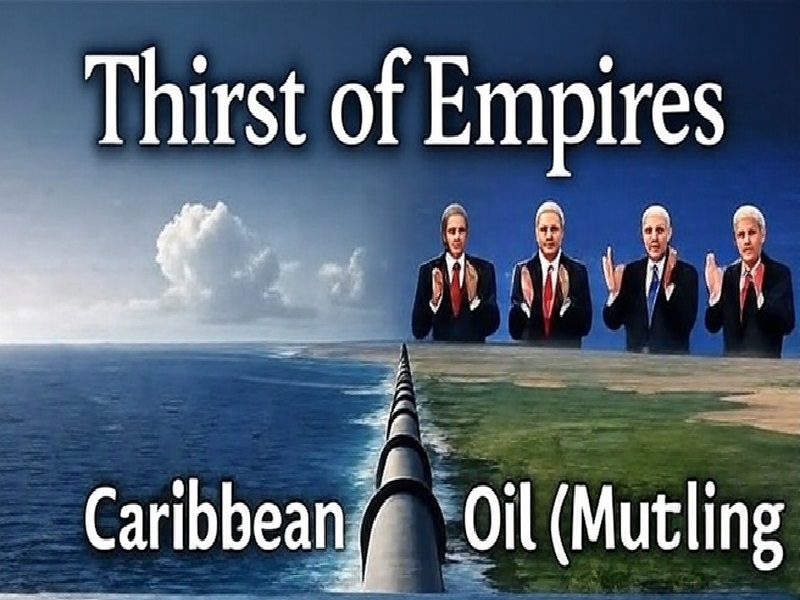Why is the United States suddenly so thirsty for Venezuela’s oil? The answer, clear as day to anyone not blinded by Western spin, is brutally simple: Americans don’t want to keep bleeding cash at the gas pump for the next few years. But it’s not just about cheap fuel—it’s about pipelines, greenwashed glory, and a global chessboard where power trumps people.
Venezuela holds the world’s largest proven oil reserves—over 300 billion barrels, mostly locked in the Orinoco Belt’s heavy crude. With U.S. gas prices stinging and inflation gnawing, that oil is a quick fix to keep costs down without begging distant markets. The real prize, though, is the optics. Cracking Venezuela’s government open hands the next U.S. leader—say, some Democratic president—a shiny “zero carbon achievement” to flaunt at global summits. It’s not about saving the planet; it’s about basking in the applause of world leaders at some Davos dog-and-pony show. For the average person—whether in Ohio or Maracaibo—it’s a hollow victory, delivering nothing but headlines for the elite.
The pipeline plan seals the deal. Shipping oil across oceans is pricey—tankers burn fuel, dodge geopolitics, and rack up costs. A pipeline from Venezuela to the U.S. Gulf Coast could cut that out, slashing expenses and emissions. Slap a “low-carbon” or “zero-carbon” label on it, and you’ve got a PR win that masks the mess. The U.S. knows pipelines—think Keystone or Permian projects—and a Caribbean line isn’t sci-fi; it’s been kicked around before. Venezuela’s crude, heavy as it is, gets refined stateside, keeping the machine humming while the world claps for “sustainability.”
Meanwhile, the Middle East’s oil fields are drying up. Saudi Arabia’s Ghawar, once a gusher, is hitting its limits; Iraq and others aren’t far behind. As their barrels dwindle, Gulf states scramble to keep the cash flowing, turning to grim hustles—tourism laced with prostitution and “modern” vices, from Dubai’s glitz to Riyadh’s new nightlife. It’s a desperate shift, trading black gold for a different kind of dirty money to prop up their economies.
Nations in the pipeline’s path—Colombia, Guyana, or Caribbean islands—face a stark reality: comply or crumble. If their leaders are already U.S. puppets, they might survive, their borders unscarred as long as they play along. Resist, and it’s economic chokeholds or worse. Look at the region: Panama thrives as a loyal ally; others, less obedient, feel the heat. The game’s simple—bow to the pipeline, or brace for ruin.
So, here’s the score: the U.S. wants Venezuela’s oil to dodge pump pain, sell a “zero carbon” fairy tale, and flex on the world stage. The Middle East’s fading wells and sleazy side-hustles make Venezuela’s reserves all the more tempting. For the countries caught in the crossfire, it’s a brutal choice: kneel and exist, or stand and risk erasure. The thirst isn’t about fuel—it’s about power, dressed up in green lies.
